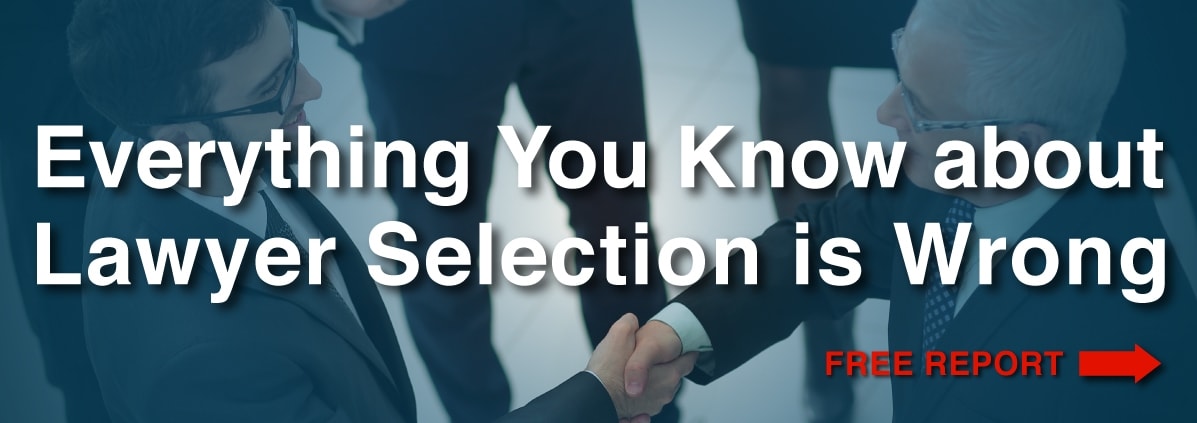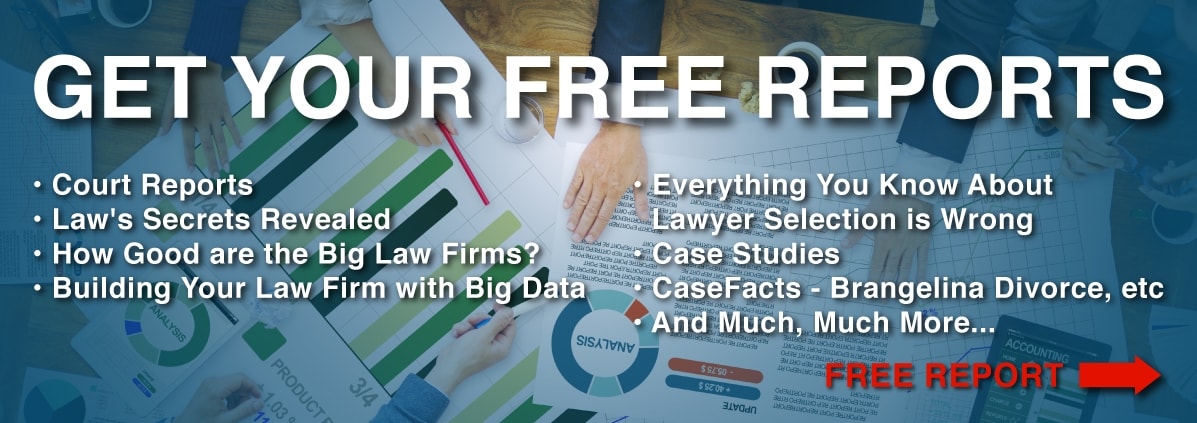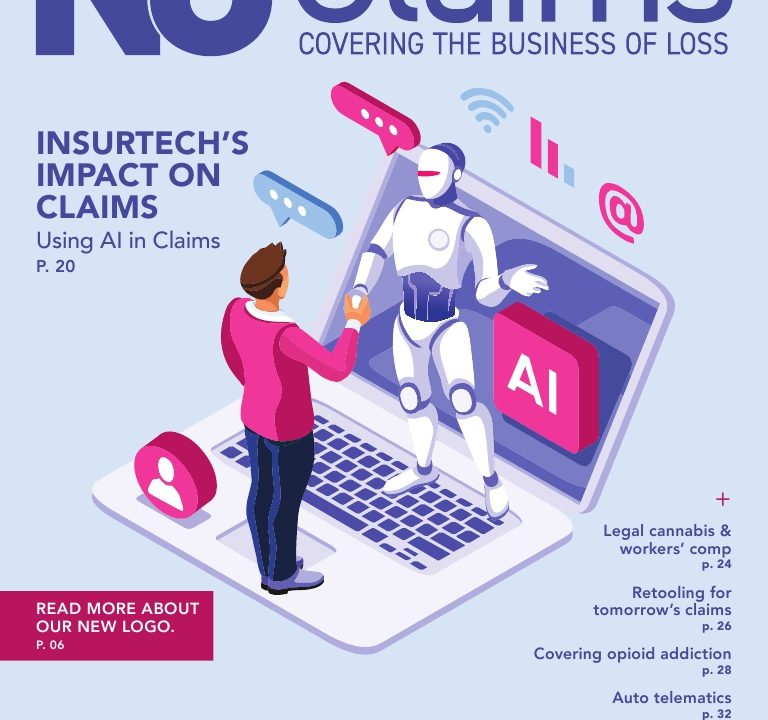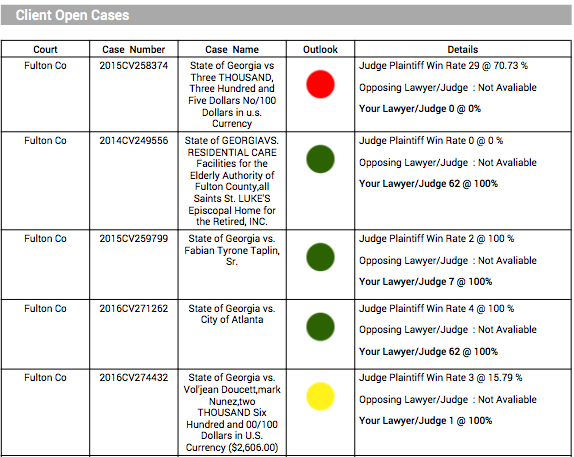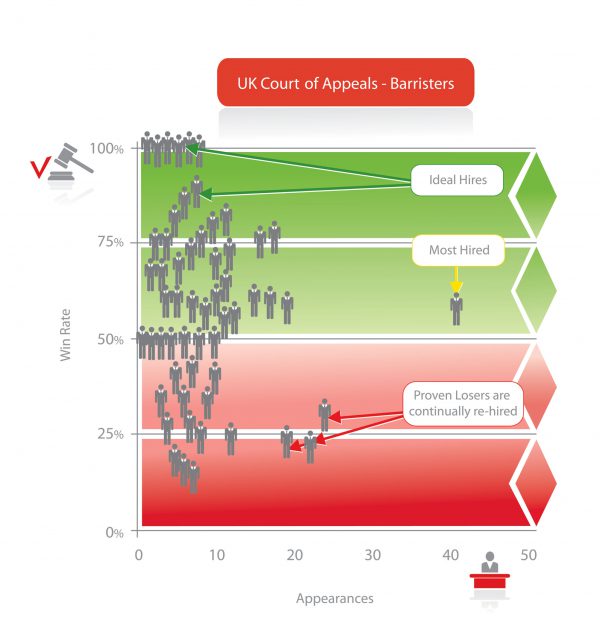The State vs. the People: Legal Analytics Firm Reveals America’s Most-Litigious Government Bodies
The State vs. the People: Legal Analytics Firm Reveals America’s Most-Litigious Government Bodies

Suing the government is, in some respects, the ultimate exercise of a citizen’s freedom from tyranny. In the United States, most levels of government enjoy sovereign immunity: that is to say, they cannot be sued unless the government specifically waives its own right to immunity or is found to have potentially violated the Constitution. In order to make itself accountable to citizens for damages and malfeasance, the state has set out specific circumstances in which it is compelled to accept the court’s jurisdiction. But that doesn’t mean the terms are equal. Governments have vastly greater resources at their disposal than most individuals or even businesses, which means the little guy has to litigate smarter to have any hope of winning.
Enter Premonition. The Miami-based software company’s gives clients access to the world’s largest database of court records, enabling the ‘little guy’ access to what the firm calls “a very, very unfair advantage in litigation.” The company’s artificial intelligence tool is capable of parsing up to 50,000 records per second, allowing users to sort the data virtually any way they choose. As part of Premonition’s efforts to make the insights it’s gleaned available to the public, the firm has released its list of the most litigious governmental bodies in the United States over the past three years. The list includes both plaintiff and defense cases.
| Name | Cases |
| State of Florida | 99306 |
| State of Oklahoma | 55391 |
| State of Texas | 26168 |
| US Patent Office | 15987 |
| State of Illinois | 15537 |
| Pennsylvania Department of Revenue | 12921 |
| State of New Mexico | 10290 |
| Georgia Department of Human Services | 7298 |
| [1] Commonwealth of Pennsylvania- For the Benefit of the County of Delaware | 6006 |
| Commonwealth of Pennsylvania | 5996 |
| State of Delaware | 4736 |
| State of Ohio | 4507 |
| State of Georgia | 4347 |
| Commonwealth of Virginia | 4044 |
| State of North Dakota | 3865 |
| State of Missouri | 2879 |
| City of New York | 2662 |
| State of Iowa | 2572 |
| City of Philadelphia | 2543 |
| City of Hartford | 1841 |
As you can see from the data, the number of cases different states and cities are involved in can vary wildly, due to factors like their specific laws with respect to sovereign immunity. Premonition’s software allows users to pull out any legal actor’s performance data, including the average duration of their cases, settlement amount and percentage of cases won. For clients looking to sue the government or defend themselves from it, this represents a way to obtain hard evidence upon which to build a strategy. By learning which lawyers perform best against government attorneys, before specific judges and in relevant specializations, clients are in a position to exploit inefficiencies that can dramatically tilt the scales in their favour.
“The key term for us at Premonition is ‘perception-reality arbitrage,’” says company Co-Founder and CIO Toby Unwin. “There is a cleavage between whom people perceive to be the best lawyers and the reality that our data articulates. By finding the opportunities such discrepancies create, you can often decrease your spend on representation while dramatically improving your odds of taking down a giant in the courtroom.”
The company is currently exploring opportunities to engage with educational institutions and other nonprofits to make its database available to the public on a pro bono basis. Premonition recently announced such a partnership with the prestigious New York University School of Law. Meanwhile many private sector companies, including 19 of the 25 biggest law firms in the country, have already adopted Premonition’s rapidly-advancing technology. This list of government agencies follows similar disclosures in other industries, including finance, banking, automotives and retail.

